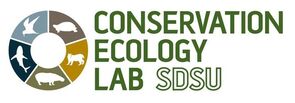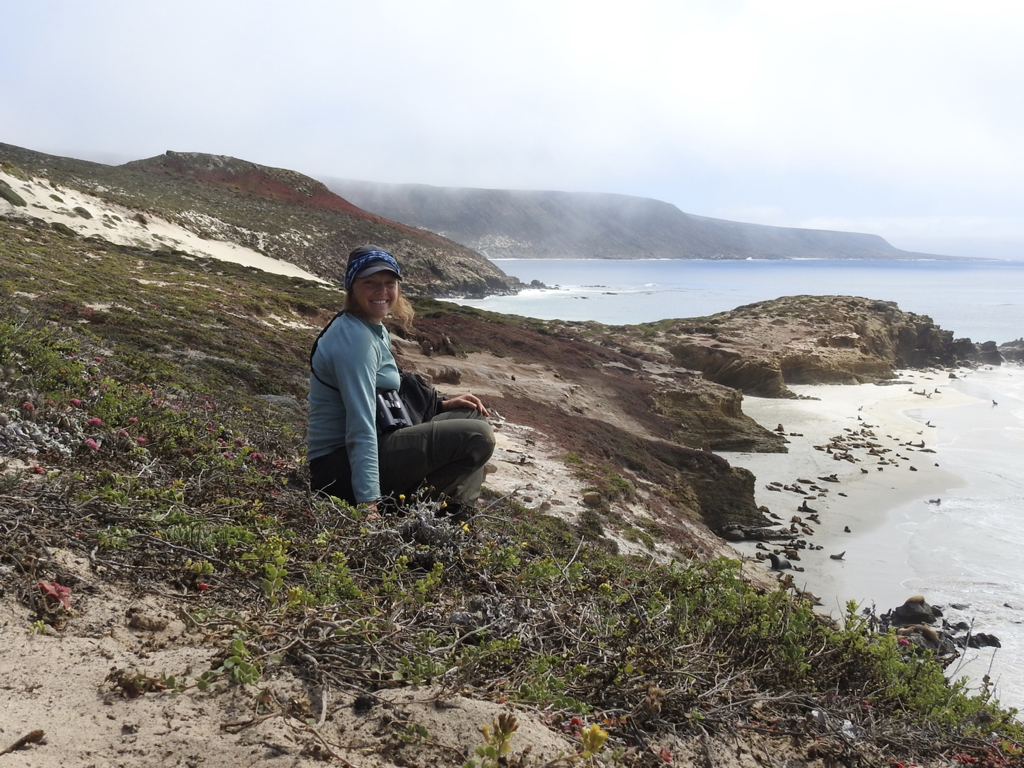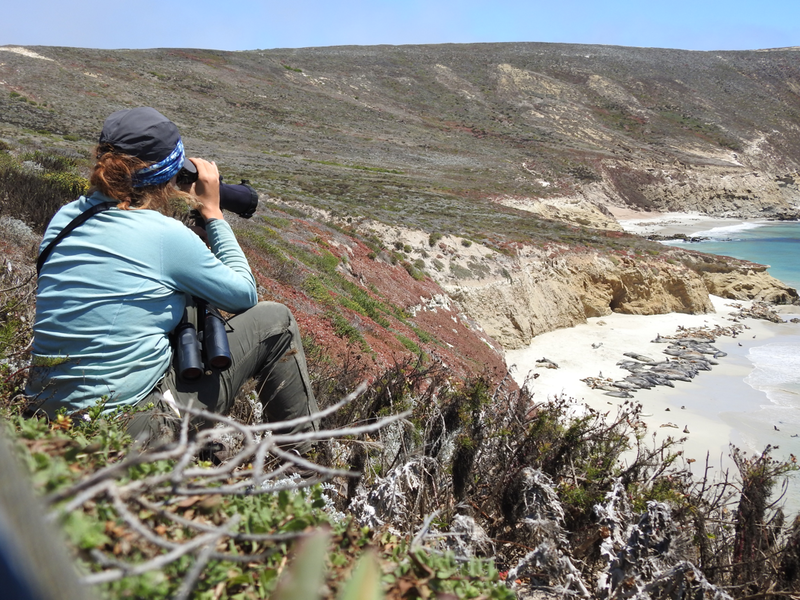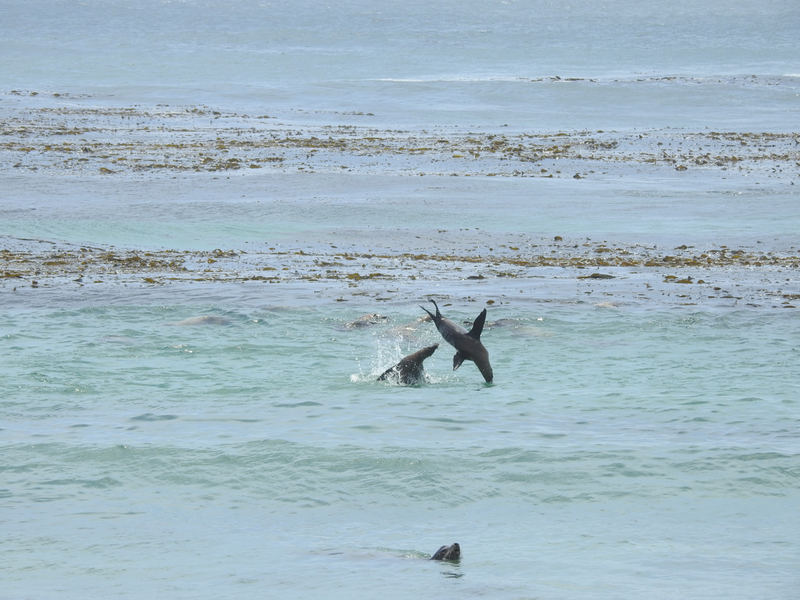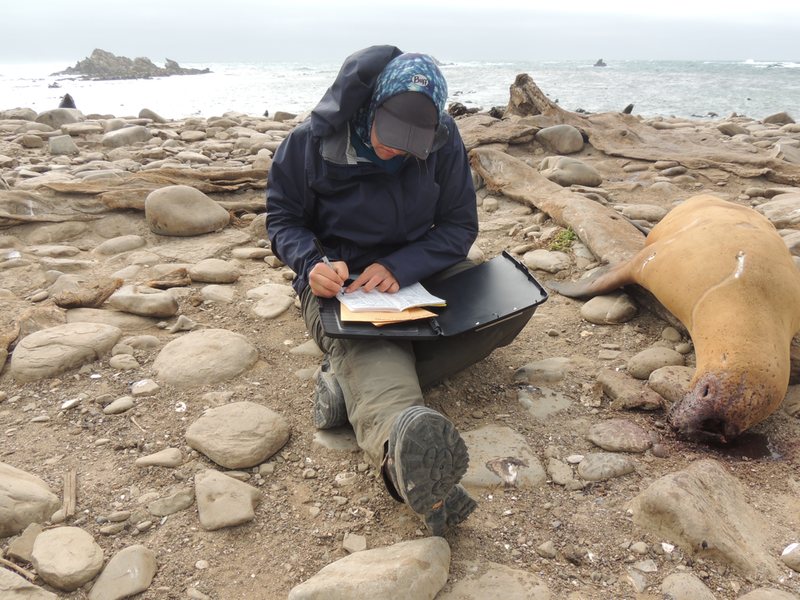Madison Davis
M.S. Candidate
Interests include: forage ecology, marine mammals, predator responses to environmental change, trophic dynamics, ocean warming
Interests include: forage ecology, marine mammals, predator responses to environmental change, trophic dynamics, ocean warming
Research interests:
I grew up near the central California coast and cultivated an interest in marine ecosystems from an early age, particularly with marine mammals and their prey. At the beginning of my undergraduate career, I leaned more towards the policy aspect of environmental protection. I interned for Clean Water Action with the waste reduction team to assist and direct local businesses on compliance with upcoming state ordinances. I executed outreach with businesses to reduce single use plastic items outside of the ordinances, such as degradable or reusable replacements for single use plastic/EPS. Later in my undergraduate program, I shifted my interests towards biology and interned with a local township conservation commission where I developed a land management plan to protect the endangered Tea Tree moth. Field work associated with degree courses included limnological sampling for invertebrates, fish behavioral experiments, and humpback whale ethograms and identifications of individuals.
I grew up near the central California coast and cultivated an interest in marine ecosystems from an early age, particularly with marine mammals and their prey. At the beginning of my undergraduate career, I leaned more towards the policy aspect of environmental protection. I interned for Clean Water Action with the waste reduction team to assist and direct local businesses on compliance with upcoming state ordinances. I executed outreach with businesses to reduce single use plastic items outside of the ordinances, such as degradable or reusable replacements for single use plastic/EPS. Later in my undergraduate program, I shifted my interests towards biology and interned with a local township conservation commission where I developed a land management plan to protect the endangered Tea Tree moth. Field work associated with degree courses included limnological sampling for invertebrates, fish behavioral experiments, and humpback whale ethograms and identifications of individuals.
My Master’s project revives my initial inspiration for the marine environment through the California sea lion (Zalophus californianus). I am interested in both the foraging variation within a population and quantifying individual forage variability during environmental disturbance. I spent summer 2019 on San Miguel Island collecting whiskers from recent mortalities of female sea lions. Whisker isotope values do not change after deposition and grow at a continuous rate, which allows the sampling of isotopic values over time to indicate forage patterns. I was also able to partake in other NOAA projects on the island, and spent a large portion of time on brand resights and behavioral observations.
I would like to continue marine mammal field work post grad school and work on questions related to implications of environmental or anthropogenic disturbance on forage ecology.
